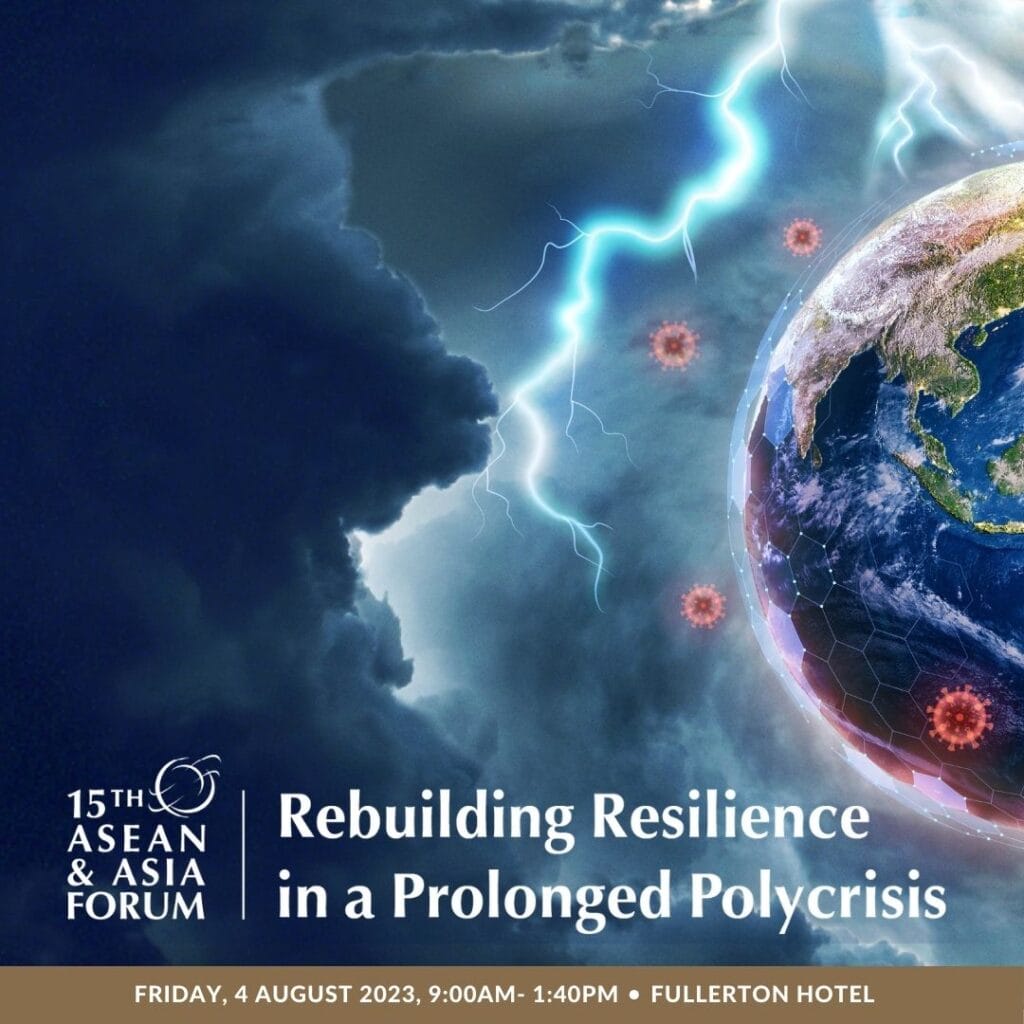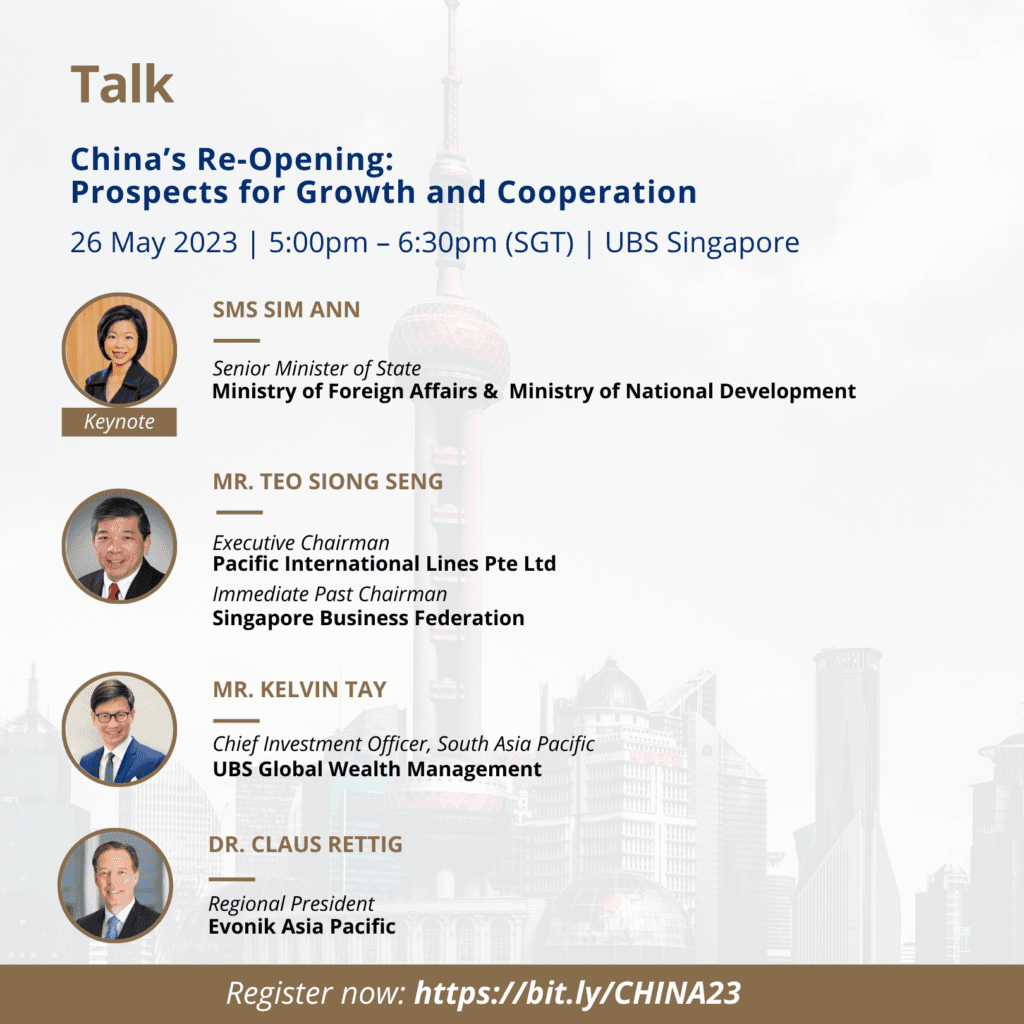Singapore has prospered over the past 50 years, based on policies intended to prioritise high economic growth and promote social stability. But is it time for some of those policies and directions to change? Many decisions made by the government have become “sacred cows”, with their validity taken for granted and rarely debated.
In their new book, Hard Choices: Challenging the Singapore Consensus, Donald Low, Associate Dean at the Lee Kuan Yew School of Public Policy and his co-author Sudhir Thomas Vadaketh, writer and journalist, examine deeply entrenched ideas in Singapore that should be re-examined.
As part of our Future 50 (F50) series looking into the next phase for Singapore, as the country approaches its 50th anniversary of independence in 2015, the Singapore Institute of International Affairs (SIIA) invited Mr. Low and Mr. Vadaketh for a discussion on 24 June 2014, touching on topics in their book, as well as events that have hit the headlines since their book was released.

Photo: (Left to Right) Sudhir Thomas Vadaketh, Donald Low, Nicholas Fang
The Need for Engagement
According to Mr. Low, the recent public attention on the CPF system likely came as a genuine surprise to the government, who have seen the CPF as an effective and efficient scheme. This underscores a disconnect or dissonance that may exist between the government and Singaporeans.
“With any national system, you want the system to achieve two things. You want it to be sustainable, fiscally, as a national macroeconomic objective, and you want it to be adequate to the individual, so that’s the microeconomic individual objective. Now, people are concerned about the latter issue,” said Mr. Low. “Nobody questions about the sustainability, the financial viability, long-term health of the CPF. Because [people ask] – is it enough for my retirement?”
The government’s defence of the CPF system is that it is sustainable and robust for the nation. This is true, but it still does not reflect the individual concerns of people concerned about their own retirement needs.
A Transition Period
Controversy has also centred around blogger Roy Ngerng, but his case also illustrates broader questions that both the government and public must face about the level or quality of democratic debate in Singapore.
“Singaporeans tend to have a very optimistic, rose-tinted view of democratic transition. Before 2011, Singaporeans were not supposed to engage in the political process. After 2011, suddenly we’re all supposed to debate like Stephen Sackur,” said Mr. Vadaketh, referring to the host of the BBC’s HARDtalk programme.
It is inevitable that individuals like Roy Ngerng will emerge. However, although there is certainly a need to counter cases of libel, it needs to be done in a way that does not completely discourage people in Singapore from voicing dissenting views.
Adaptable Governance
One of the virtues of Singapore’s govermment has been its ability to think technocratically. Policymakers have been able to “do things that are right, not popular”. However, the political context in Singapore is changing. In the current political climate, people in Singapore will increasingly question the government’s decisions. As such, the government needs to build institutions that allow for resilient and adaptable governance.
It is possible Singapore may one day eventually resemble Asian democracies like Taiwan, where politics is far more boisterous . However, an active culture of democratic debate may be necessary at Singapore’s current stage of development. Although many people in Singapore are wary that an open system may allow bad ideas to be voiced alongside good ones, Mr. Low and Mr. Vadaketh argue that Singaporeans need to have faith that an open system will have the capacity to generate and select the best policies and ideas.

Photo: F50 event participants, 24 June 2014
Perspectives from F50 Participants
The aim of F50 is not only to inform, but also to encourage wider debate about the future of Singapore. The SIIA asked participants to share their own opinions and perspectives after the event.
What should Singapore be?
Mr. Low and Mr. Vadaketh argued that Singapore is currently trying to be all things to all people. But some of the country’s goals may ultimately be incompatible, such as trying to be both a creative hub, and an orderly society that is attractive to foreign investors.
However, one participant disagreed with this: “Many of the world’s culture capitals are also major financial centres – New York, London, Tokyo, etc….all are costly places to live yet cultural endeavours are thriving. Indeed sometimes – given the need to finance cultural activities externally and sustainably – being a financial hub can be of benefit.”

Photo: (Left to Right) Sudhir Thomas Vadaketh and Donald Low (Panellists), Nicholas Fang (Executive Director, SIIA, Moderator)
“Hard truths” and “hard choices”
According to Mr. Low and Mr. Vadaketh, there is a difference between “hard truths”, a phrase coined by former Prime Minister Lee Kuan Yew, and “hard choices”. By accepting “hard truths” as unquestionable, many Singaporeans are reluctant to challenge assumptions and consider alternatives. Participants at the session agreed that Singaporeans are often unable to admit they are wrong. This is a problem that affects not only the government, but all of society:
“[The inability to admit mistakes] is the long-term result of growing up in a [schooling system] that punishes or rewards, with no third alternative…this is a hard truth…a hard choice is to begin a new culture in schools where mistakes…are seen as central items in learning and thinking processes.”
Where to from here?
Mr. Low and Mr. Vadaketh claim that Singapore needs to create a healthy culture of liberal democratic debate and re-evaluate old policy assumptions. Some participants agreed with their views, in particular criticising the media’s culture of self-censorship:
“Dissent seems to have been pushed onto marginal channels of communication such as blogs and social media…traditional media – broadcast and press – could and should play a much larger role in holding government, state agencies, corporations, private individuals etc. to account.”
However, others at the session were more sceptical, questioning whether Singapore is ready for truly liberal democracy:
“We need to be cognisant of Singapore’s limitations in terms of population and land size. We were able to reach this level of development by providing stability and predictability to global capital allocators who willingly brought capital and jobs into this country…can we transition into a model that encourages dissent and debate (leading to less ‘stability’ and predictability) without much social and economic disruption?”
About the Event: The SIIA hosted Donald Low and Sudhir Thomas Vadaketh, authors of Hard Choices: Challenging the Singapore Consensus on 24 June. A summary of their remarks at the event is also available on the SIIA website. Their book is currently available in stores (NUS Press, 256 pages, S$24.00).
About the Speakers: Donald Low is Associate Dean for executive education and research at the Lee Kuan Yew School of Public Policy, National University of Singapore. Sudhir Thomas Vadaketh is the author of Floating on a Malayan Breeze: Travels in Malaysia and Singapore.
About Future 50 (F50): F50 aims to map out “The 50 Year Future for Singapore in Asia and the World” via a series of events and activities, as Singapore approaches its 50th National Day in 2015. The next F50 dialogue will be in August 2014, on the future of Singapore’s economy, in the context of the ASEAN Economic Community.
Photo Credit: Sharmishta Sivaramakrishnan, SIIA




